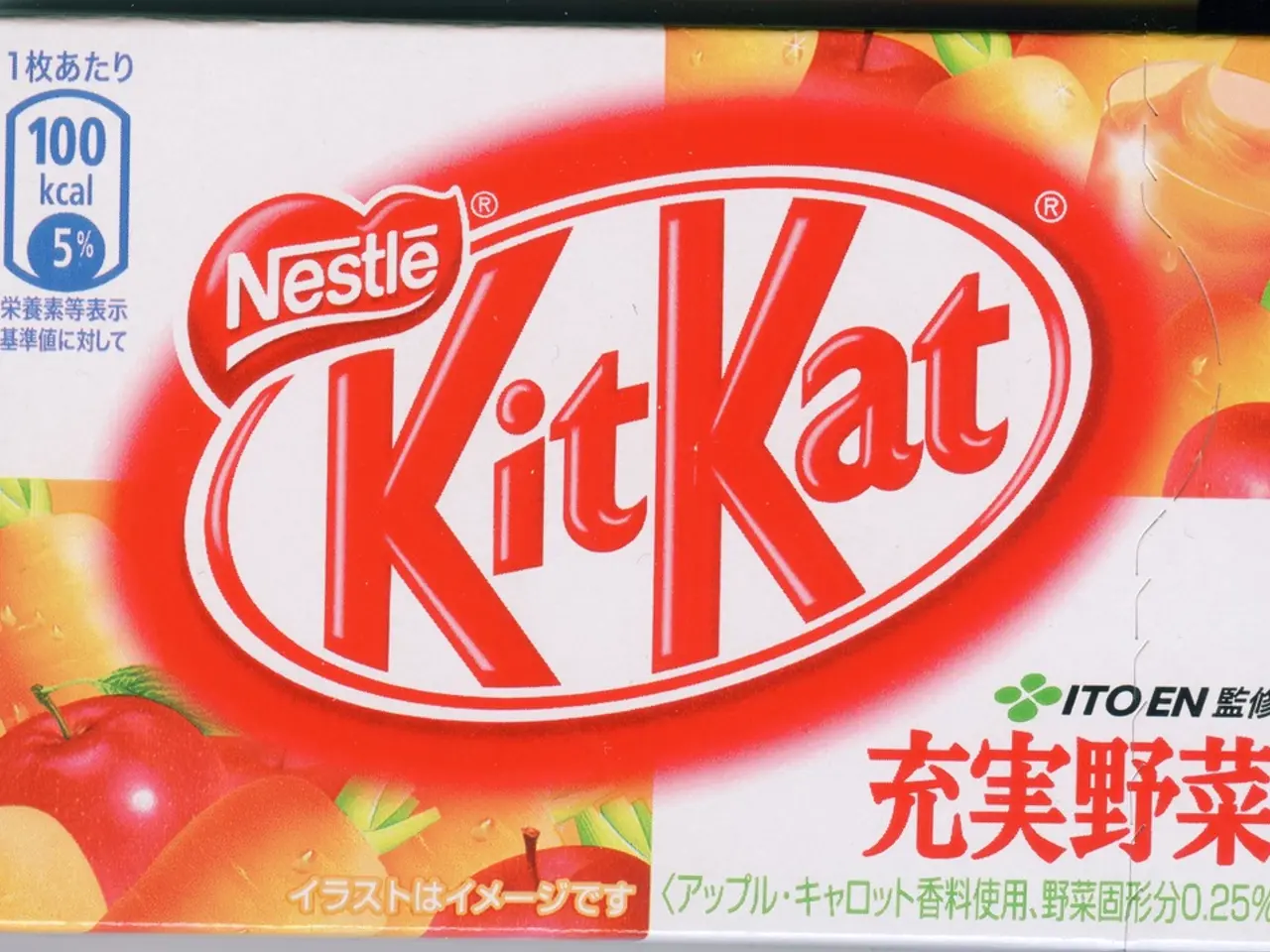Efficient Diet Adjustments for Effective Weight Reduction
In the pursuit of a healthier lifestyle, many individuals embark on a journey towards sustainable weight loss. Here are some simple, evidence-backed diet tweaks that can help you achieve your goals without drastic diet changes or fasting.
Firstly, consider adopting the balanced plate method. Fill half your plate with vegetables, one-quarter with lean protein, and one-quarter with whole grains at lunches and dinners. This approach adds volume and nutrients while naturally reducing calorie intake, ensuring you don't feel deprived.
Starting your day with a protein-rich breakfast can also aid in weight loss. Consuming at least 20 grams of protein (e.g., eggs, Greek yogurt, tofu) helps control cravings, stabilise blood sugar, and reduce late-night snacking.
Cutting out liquid calories, such as sugary drinks and alcohol, can lead to significant weight loss without other dietary changes. Swapping these beverages for water or herbal tea can be beneficial. Green tea, in particular, may promote metabolism thanks to its antioxidants.
Adding vegetables to at least two meals daily is another effective strategy. Vegetables are high in fibre which increases satiety and supports gut health. Frozen vegetables like broccoli or spinach are easy, quick options.
Keeping healthy snacks accessible can prevent impulsive eating of processed foods when hunger strikes. Nuts, fruit, or hard-boiled eggs are excellent choices.
Using smaller plates and bowls is a visual strategy that helps reduce portion sizes naturally, potentially lowering calorie intake by 15–20% without conscious effort.
Swapping red meat for fish provides heart-healthy omega-3s and reduces saturated fat, supporting weight loss and overall health. Limit red meat to a few servings per week and increase your intake of fatty fish.
Staying well-hydrated (about 64 ounces daily) supports metabolism and can help control appetite.
Healthy fats are essential for satiety, brain function, and hormone production. Incorporate healthy fats like avocados, nuts, seeds, and olive oil into your meals.
Remember, it's important to celebrate non-scale victories, such as increased energy or clothes fitting better. Frequently indulging in small treats can help you stay on track without feeling deprived.
Follow the "80/20 Rule": Eat healthy 80% of the time, and allow yourself treats 20% of the time. This approach makes sustainable weight loss more achievable.
Lastly, track your progress by keeping a journal to record meals, workouts, and how you feel. This can help identify patterns and keep you motivated. Weigh yourself weekly instead of daily to avoid unnecessary frustration.
These tweaks focus on balanced, whole-food choices and mindful eating habits rather than extreme restriction or fasting, making them sustainable long-term strategies for gradual weight loss.
- In the process of achieving a healthier lifestyle and sustainable weight loss, incorporate the balanced plate method by filling half your plate with vegetables, one-quarter with lean protein, and one-quarter with whole grains at lunch and dinner.
- To help control cravings, stabilize blood sugar, and reduce late-night snacking, start your day with a protein-rich breakfast, consuming at least 20 grams of protein, such as eggs, Greek yogurt, or tofu.
- To lead to significant weight loss, cut out liquid calories like sugary drinks and alcohol, and replace them with water or herbal tea, like green tea which may promote metabolism thanks to its antioxidants.
- Adding vegetables to at least two meals daily increases satiety, supports gut health, and is another effective strategy for weight loss. Consider using frozen vegetables like broccoli or spinach for convenience.
- Keeping healthy snacks handy can prevent impulsive eating of processed foods. Opt for nuts, fruit, or hard-boiled eggs as smart choices to keep you on track.
- Use smaller plates and bowls to reduce portion sizes naturally, potentially lowering calorie intake by 15–20%, without conscious effort. This visual strategy can aid in weight management and overall health.






